This article was co-authored by Robert Dhir, MD and by wikiHow staff writer, Eric McClure. Dr. Robert Dhir is a board certified Urologist, Urological Surgeon, and the Founder of HTX Urology in Houston, Texas. With over 10 years of experience, Dr. Dhir’s expertise includes minimally-invasive treatments for enlarged prostate (UroLift), kidney stone disease, surgical management of urological cancers, and men’s health (erectile dysfunction, low testosterone, and infertility). His practice has been named a Center of Excellence for the UroLift procedure, and is a pioneer in non-surgical procedures for ED using his patented Wave Therapy. He earned his undergraduate and medical degrees from Georgetown University and was awarded honors in pre-medical studies, urology, orthopedics, and ophthalmology. Dr. Dhir served as chief resident during his urological surgical residency at University of Texas at Houston / MD Anderson Cancer Center in addition to completing his internship in general surgery. Dr. Dhir was voted Top Doctor in Urology for 2018 to 2019, one of the top three Best Rated Urologists in 2019 & 2020 for Houston Texas, and Texas Monthly has named him to the 2019 & 2020 Texas Super Doctors Rising Stars list.
There are 11 references cited in this article, which can be found at the bottom of the page.
This article has been viewed 37,035 times.
Waking up in the middle of the night to use the bathroom—also known as nocturia—can be seriously obnoxious, especially if you find it difficult to fall back asleep. However, it’s important to note that the occasional late night trip to the bathroom isn’t anything to worry about, and it’s a natural part of getting older. If this is common enough that you want to put an end to the bathroom trips, you have a lot of options to choose from! Keep in mind, if this is a nightly thing, it may be a good idea to see a doctor.
Here are 10 effective tips to help stop your late night trips to the bathroom.
Steps
Expert Q&A
-
QuestionWhat causes frequent nighttime urination?
 Robert Dhir, MDDr. Robert Dhir is a board certified Urologist, Urological Surgeon, and the Founder of HTX Urology in Houston, Texas. With over 10 years of experience, Dr. Dhir’s expertise includes minimally-invasive treatments for enlarged prostate (UroLift), kidney stone disease, surgical management of urological cancers, and men’s health (erectile dysfunction, low testosterone, and infertility). His practice has been named a Center of Excellence for the UroLift procedure, and is a pioneer in non-surgical procedures for ED using his patented Wave Therapy. He earned his undergraduate and medical degrees from Georgetown University and was awarded honors in pre-medical studies, urology, orthopedics, and ophthalmology. Dr. Dhir served as chief resident during his urological surgical residency at University of Texas at Houston / MD Anderson Cancer Center in addition to completing his internship in general surgery. Dr. Dhir was voted Top Doctor in Urology for 2018 to 2019, one of the top three Best Rated Urologists in 2019 & 2020 for Houston Texas, and Texas Monthly has named him to the 2019 & 2020 Texas Super Doctors Rising Stars list.
Robert Dhir, MDDr. Robert Dhir is a board certified Urologist, Urological Surgeon, and the Founder of HTX Urology in Houston, Texas. With over 10 years of experience, Dr. Dhir’s expertise includes minimally-invasive treatments for enlarged prostate (UroLift), kidney stone disease, surgical management of urological cancers, and men’s health (erectile dysfunction, low testosterone, and infertility). His practice has been named a Center of Excellence for the UroLift procedure, and is a pioneer in non-surgical procedures for ED using his patented Wave Therapy. He earned his undergraduate and medical degrees from Georgetown University and was awarded honors in pre-medical studies, urology, orthopedics, and ophthalmology. Dr. Dhir served as chief resident during his urological surgical residency at University of Texas at Houston / MD Anderson Cancer Center in addition to completing his internship in general surgery. Dr. Dhir was voted Top Doctor in Urology for 2018 to 2019, one of the top three Best Rated Urologists in 2019 & 2020 for Houston Texas, and Texas Monthly has named him to the 2019 & 2020 Texas Super Doctors Rising Stars list.
Board Certified Urologist & Urological Surgeon Drinking too many fluids before bed may give you the urge to go in the middle of the night.
Drinking too many fluids before bed may give you the urge to go in the middle of the night.
Warnings
- Don’t waste your time with dietary changes and herbal supplements. There isn’t any evidence that things like saw palmetto or cutting dairy from your diet impact this problem at all.[19]⧼thumbs_response⧽
References
- ↑ Robert Dhir, MD. Board Certified Urologist & Urological Surgeon. Expert Interview. 23 September 2020.
- ↑ https://health.clevelandclinic.org/stop-full-bladder-killing-sleep/
- ↑ https://www.health.harvard.edu/bladder-and-bowel/frequent-nighttime-urination
- ↑ https://www.sleepfoundation.org/physical-health/nocturia-or-frequent-unrination-night
- ↑ https://www.ncbi.nlm.nih.gov/pmc/articles/PMC2775419/
- ↑ https://www.health.harvard.edu/bladder-and-bowel/frequent-nighttime-urination
- ↑ https://www.uspharmacist.com/article/druginduced-urinary-incontinence
- ↑ https://www.health.harvard.edu/mens-health/try-these-techniques-to-relieve-common-urinary-symptoms-without-medication
- ↑ https://health.clevelandclinic.org/stop-full-bladder-killing-sleep/
- ↑ https://health.clevelandclinic.org/stop-full-bladder-killing-sleep/
- ↑ https://www.sleepfoundation.org/physical-health/nocturia-or-frequent-unrination-night
- ↑ https://www.nafc.org/bhealth-blog/how-to-stop-waking-up-at-night-to-pee
- ↑ https://health.clevelandclinic.org/stop-full-bladder-killing-sleep/
- ↑ https://www.cdc.gov/physicalactivity/basics/adults/index.htm
- ↑ https://www.health.harvard.edu/bladder-and-bowel/frequent-nighttime-urination
- ↑ Robert Dhir, MD. Board Certified Urologist & Urological Surgeon. Expert Interview. 23 September 2020.
- ↑ https://my.clevelandclinic.org/health/diseases/14510-nocturia
- ↑ https://www.sleepfoundation.org/physical-health/nocturia-or-frequent-unrination-night
- ↑ https://www.health.harvard.edu/mens-health/try-these-techniques-to-relieve-common-urinary-symptoms-without-medication
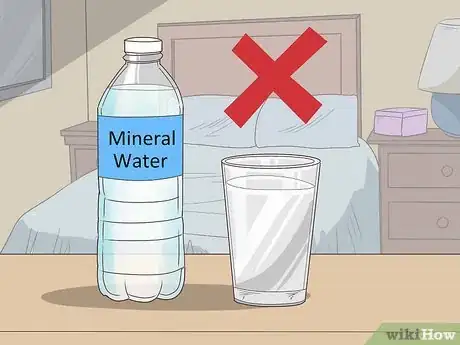

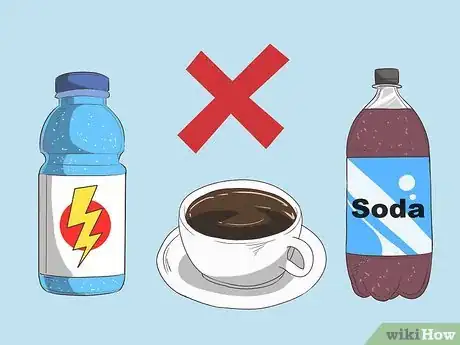
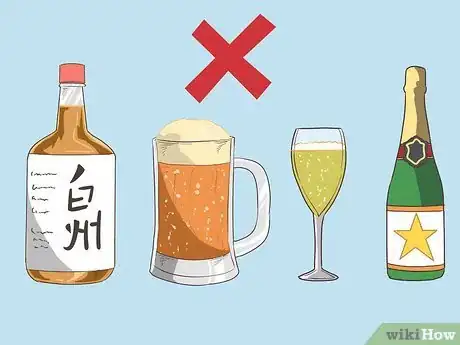
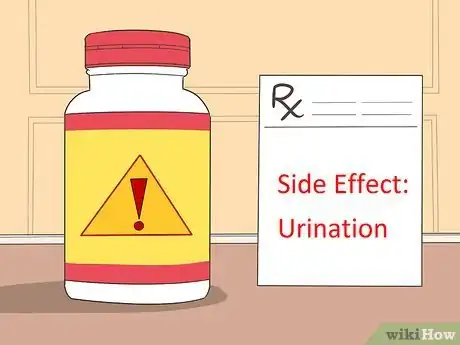
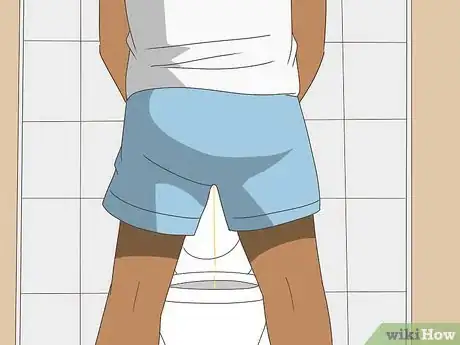
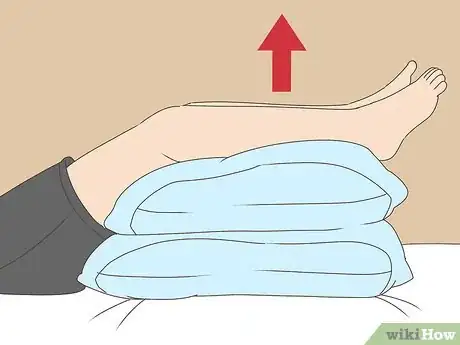
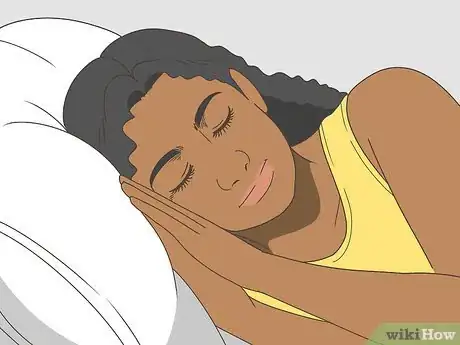
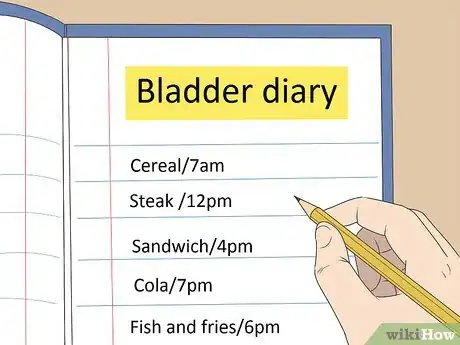
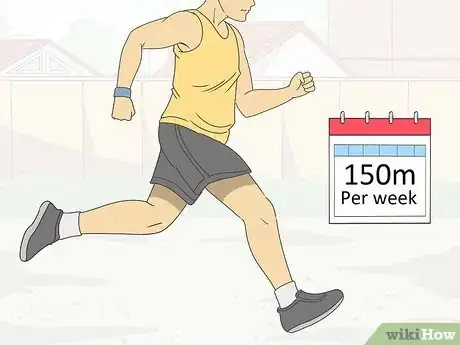
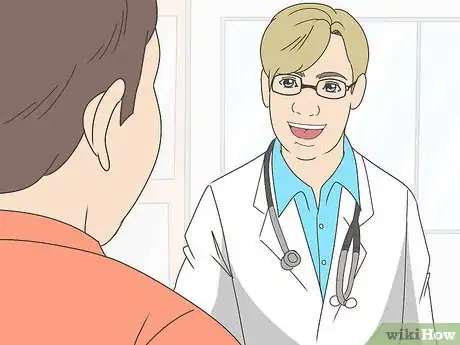
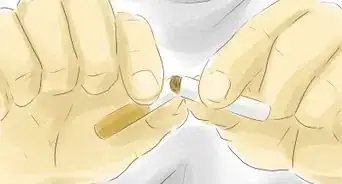
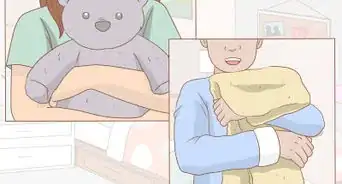
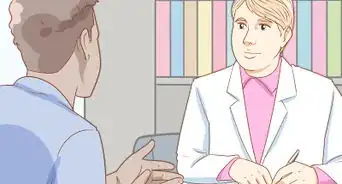
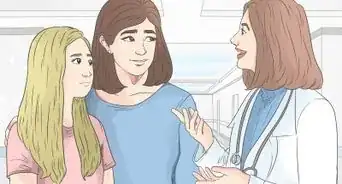
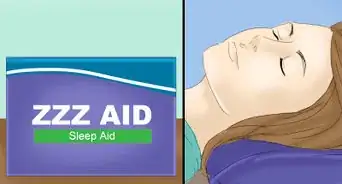
-Step-10.webp)
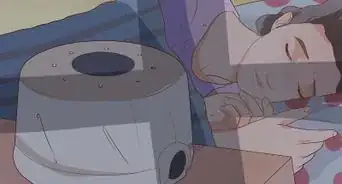
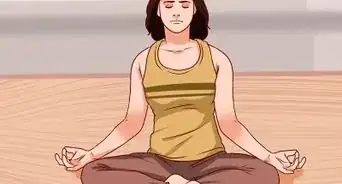
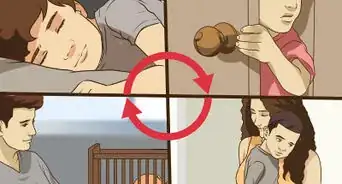
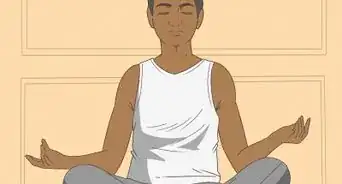
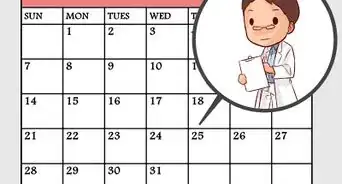
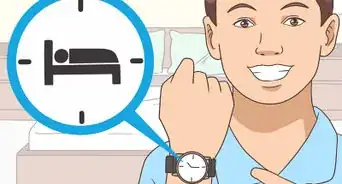






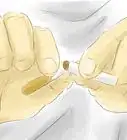

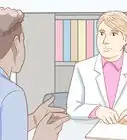
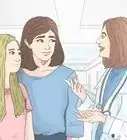



































Medical Disclaimer
The content of this article is not intended to be a substitute for professional medical advice, examination, diagnosis, or treatment. You should always contact your doctor or other qualified healthcare professional before starting, changing, or stopping any kind of health treatment.
Read More...